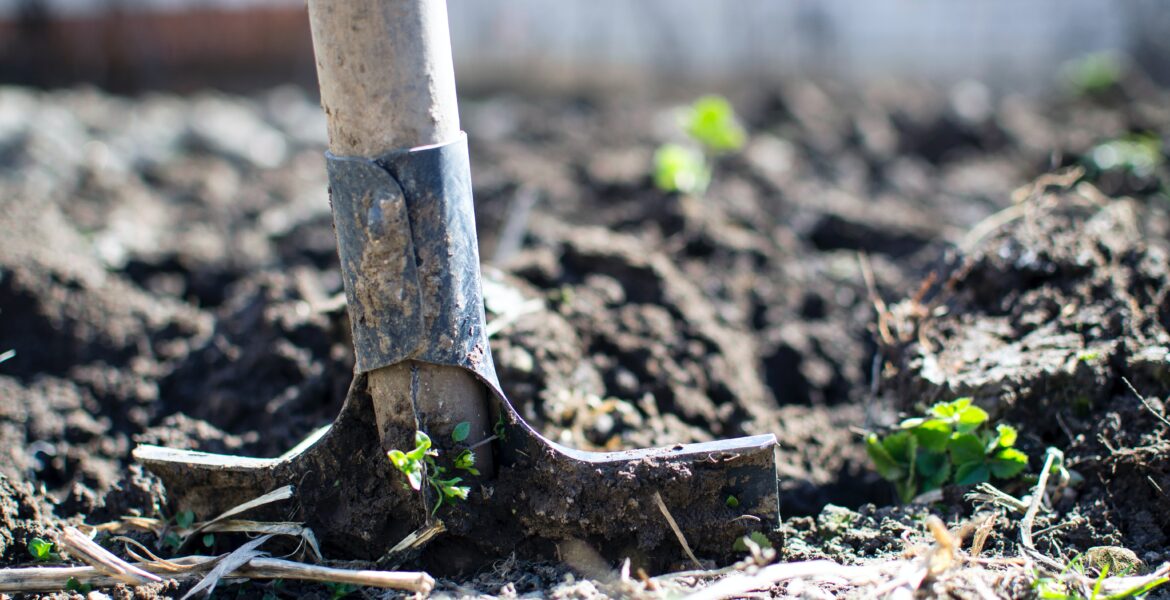Tax Fountain
The advent of COVID-19 calls for innovative survival ideas as the dynamics of our economy have started changing. Economists warn us that the world economy is already slipping into a recession. One therefore needs to consider all possible survival tactics, as long as they are within the law. And if you didn’t know, there are certain farming activities you can embark on and pay no thebe in taxes.
In other words, you can run such farming ventures, earn huge profits and never pay income taxes at all. We will expand on this intriguing issue below. As a tax firm, we intend to demystify the technical jargon applicable to the issue at hand and enhance your understanding of tax matters.
Livestock for slaughter
The first type of farming activity that is not subjected to income tax, as provided by Section 30 of the Income Tax Act, is the rearing of cattle, sheep or goats for slaughter by a Botswana resident individual. The resident individual should rear not more than 300 cattle or 1800 goats or sheep in order to escape income tax. For avoidance of doubt, one could have a combination of cattle and goats or sheep provided that if aggregated, they don’t exceed the equivalence of 300 cattle or 1800 goats on the basis that one head of cattle equals six goats or sheep.
For example, one may have 200 cattle and 300 goats/sheep (equivalent of 50 cattle) and still legally duck tax. Further, such person is not required to keep books of accounts or declare income from the farming activities to BURS. However, if he earns any other income such as rentals, that other income may be subject to income tax.
As stated, the farmers should rear the stated livestock for slaughter. This simply means that the livestock must be reared for eventual slaughter or sold for slaughter. If the livestock is reared for any other purpose such as dairy, then the tax exemption falls away.
It is also important to point out that this exemption applies to both citizens and non-citizens, as long as they are resident in Botswana. From a tax perspective, a person is considered resident when they spend at least 183 days in Botswana in a tax year or are permanently resident in Botswana during the tax period.
For the tax-exemption to apply, the farming activities must not be conducted through a company or such other vehicle, but simply as an individual. The farming should be conducted in a person’s individual name or as they technically put it, as a sole trader or partnership.
Whilst we stated above that the livestock farmers do not suffer tax in terms of Section 30 of the Income Tax Act, there is Section 58 which was put through in 2011 which imposes a 4% tax on the sale of the livestock to the likes of BMC or butcheries. We know farmers have raised violent objections to this matter but unfortunately it is there in black and white in the Income Tax Act.
Enter dryland farming
An individual who conducts dry land farming on a farm not larger than 100 hectares is also not supposed to suffer income tax. As if you were not paying attention, let us remind you that this should be done as a sole trader or partnership, not any other form of business. Dry land farming includes crop farming where there is no irrigation and where the exposure of soil is avoided to reduce the loss of water through transpiration. Such farmers engage in a lot of mulching and related activities, to conserve moisture.
Conclusion
The team at Tax Fountain, your go-to tax consultants, hopes that you found this article useful. Should you require further assistance or to join our free tax Whatsapp group, please contact us using the following details: info@taxfountain.co.bw or 311 6269/+267 760 910 79.

